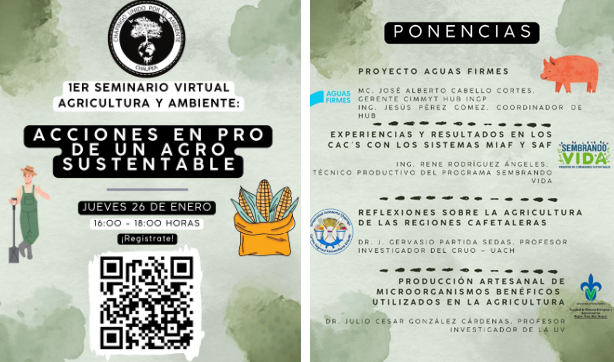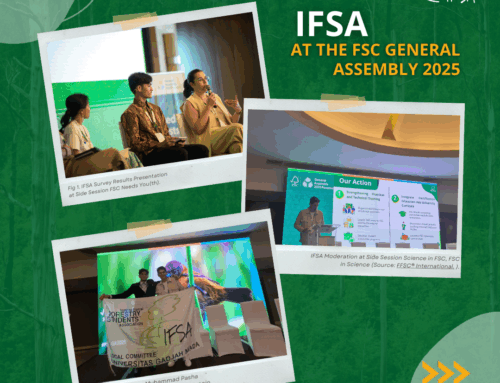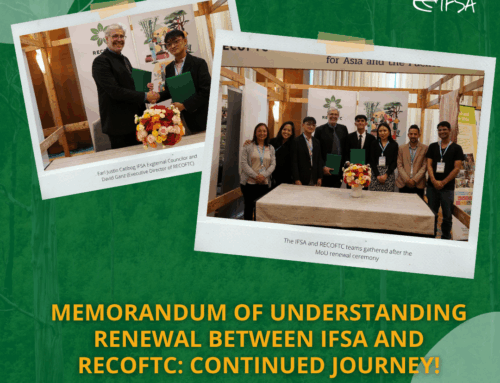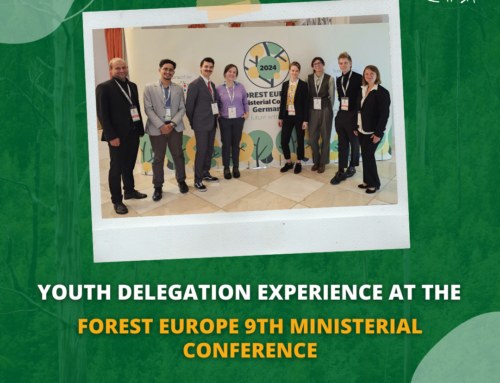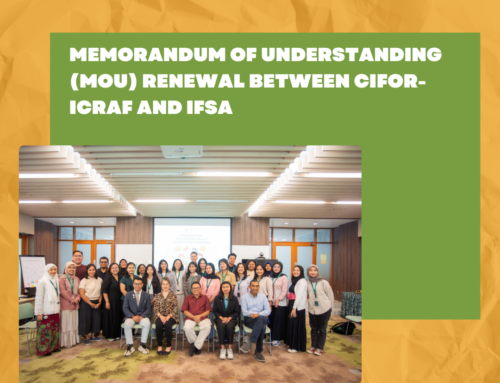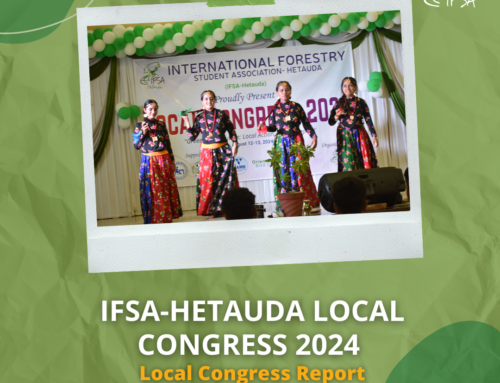Agriculture and Environment Seminar
Actions for sustainable agriculture
The seminar was held on January 26, 2023, under the zoom platform. It lasted almost 3 hours with speakers from educational instances, public and private, moderated. We had the participation of more than 35 people. Its objective was to provide a space for young people to learn from professionals who work in the field the results of sustainable practices in the agri-food sectors. Topics were: agroforestry systems, conservation agriculture, and beneficial microorganisms.
Aguas Firmes Project
Aguas firmes is a project in Zacatecas, Mexico, an initiative of Group Modelo, the Lemana Sociedad A for International Cooperation (GIZ), and the International Maize and Wheat Improvement Center (CIMMyT).
Engineer Jesús Pérez Gómez, a coordinator of the CIMMyT HuB, indicates that “One of the objectives of the program is to train producers in conservation agriculture, reducing soil movement, use of covers or stubble, adoption of machinery so as not to damage the soil, as well as promote the use of technology mainly for soil mapping and very importantly the use of drip or precision irrigation.”
Experiences in community learning centers (CACs in Spanish) in northern Veracruz
In Mexico, the federal government since 2019, launched a program to combat poverty and environmental degradation through technical support and economic support to producers in vulnerable conditions to improve their production units.
In the northern part of the state of Veracruz, Mexico, engineer Rene Rodríguez Ángeles helps 246 agricultural producers, whom he trains in sustainable farming practices and also promotes the implementation of agroforestry systems and the milpa system interspersed with fruit trees.
It indicates that, at the end of 2022, 658,364 fruit and forest plants were planted, in the same way, 137 workshops were given, as well as a greater diversification of traditional crops in the area, promoting a more complex agroecosystem.
Reflections on agriculture in the coffee regions of Mexico.
Dr. Gervasio Partida, professor of the Universidad Autónoma Chapingo, specified a series of problems suffered by smallholder coffee growers in Mexico and the global trends to produce coffee without shade. He emphasized the environmental damage that it represents since in Mexico this crop is developed in areas with greater vegetation in Mexico.
He indicated that “We need to make coffee production more efficient… also promote greater diversification to achieve food security… and reduce deforestation through the conservation of this crop that gives many ecosystem benefits” in his presentation. Also, He emphasized the importance of establishing collaborative networks between the different sectors and promoting young people to get involved in the field.
Artisanal production of microorganisms benefits used in agriculture
The presentation was based on the events of the last 50 years that have given way to agriculture being vulnerable to changes due to its dependence on external inputs. Ph.D. Julio Cardenas specifies that “there is “great pressure on agrochemicals and fertilizers due to the Russia-Ukraine conflict” and that “there is also a need to seek and adopt more sustainable alternatives to this type of input.” I present the protocol for propagation of entomopathogenic fungi Trichoderma and metarhizium and their uses in agriculture.
At the end of the presentations, Jasiel Villanueva directed the final comments, opening a panel of dialogue between all the attendees and speakers to generate the conclusions, the enormous importance of continuing with this type of space to continue motivating young people and disseminating the success stories in the implementation of agri-food systems was widely advocated sustainable, as well as promoting the renewal of the Mexican countryside support small farmers to continue producing despite climate change.
Author: Leonardo Jasiel Villanueva Reyes, Coordinator of the Committee on external relations
